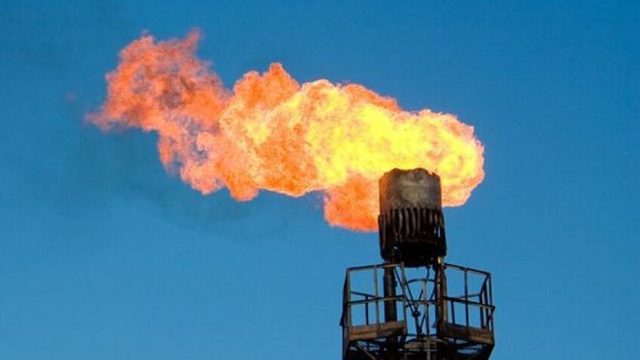Shehu Usman Aliyu Shagari was born on February 25, 1925 in Shagari village, Sokoto founded by his great-grandfather, Ahmadu Rufa’i, who was also the Village Head, and took the name Shagari as his family name.
His father’s name was Aliyu and his mother’s name was Mariamu.
His name, Usman, means “companion”
Shagari started his education in a Quranic school and then went to live with relatives in a nearby town, where from 1931-1935 he attended Yabo elementary school.
In 1936-1940, he went to Sokoto for middle school, and from 1941-1944 he attended Kaduna College.
He had a stint in teaching as a visiting teacher in the Sokoto Province.
Shagari entered politics in 1951, when he became the secretary of the Northern People’s Congress in Sokoto, Nigeria, a position he held until 1956; became member, House of Representatives, Sokoto West in 1954, parliamentary secretary, 1958.
Between 1958 and 1975, Shagari served seven times in ministerial or cabinet posts as a federal minister and federal commissioner. These include minister of commerce and industries, 1958; minister of economic development, 1959-1960; minister for pensions, 1960-1962; minister of internal affairs, 1962-1965; minister of works, 1965-1966; secretary for Sokoto province education development fund, 1967; commissioner for establishments, Western Region, 1968-1969; commissioner of economic development, rehabilitation and reconstruction, 1970-1971; commissioner of finance, 1971-1975
In 1978, Shagari was a founding member of the National Party of Nigeria (NPN). In 1979 Shagari was chosen by the party as the presidential candidate for general election that year.
For many political observers at the time, Shagari’s emergence as NPN’s presidential flag bearer and subsequently as president was like a bolt from the blues, a development that left many shell-shocked by its unexpected impact. Indeed, according to the late Dr Chuba Okadigbo, who served as Shagari’s political adviser at the time: “Before and during the sessions of this Assembly, Shagari stated that he only wanted to be a senator in the Second Republic and during the presidential elections campaign, he spoke of and showed signs of reluctance to lead Nigeria.”
During the oil boom, Shagari made housing, industries, transportation and agriculture the major goals of his administration.
In transportation, he launched some road networks across the country.
He also initiated a programme to foster the use of mechanical machinery in farming.
This initiative favored large scale farmers in order to produce mass products. Shagari also created a low cost housing scheme.
In 1980, with the oil revenue, Shagari finished building the Kaduna Refinery, which started operating that year.
Also with the oil revenue, Shagari concluded the construction of an additional steel plant and three rolling mills at Ajaokuta.
Shagari completed the Delta Steel complex in 1982 and in 1983, created the Aluminum Smelter Company of Nigeria in Ikot Abasi, Akwa Ibom Stater.
However, Shagari reduced the share of oil royalties and rents to state of origin from 30 to 2 percent.
Shagari was a holder of many traditional titles including the Turaki of the Fula Sokoto Caliphate which was conferred on him in 1962 by the late Sultan of Sokoto Siddiq Abubakar III, the Ochiebuzo of Ogbaland, the Ezediale of Aboucha and the Baba Korede of Ado Ekiti.
Shagari ran for a second four-year term in 1983 and won the presidential election.
However, on December 31, 1983, Shagari was ousted in a military coup by the current president, Buhari, who was then a major general.
Late Shagari had three wives: Amina, Aishatu, Hadiza Shagari and many children including Capt. Muhammad Bala Shagari (retd) and Aminu Shehu Shagari.
Sources: Wikipedia, Vanguard




























































